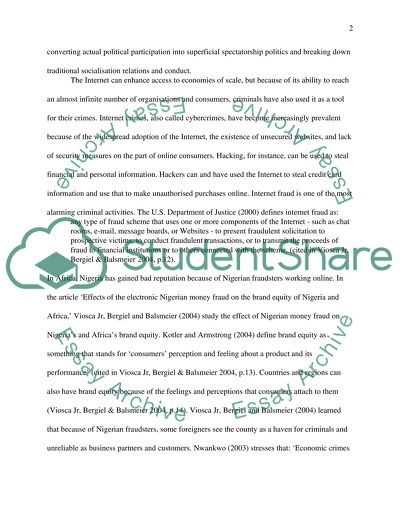Cite this document
(“The Negative Effect of the Internet on Non Western Societies and Essay”, n.d.)
Retrieved from https://studentshare.org/information-technology/1455342-the-negative-effect-of-the-internet-on-non-western
Retrieved from https://studentshare.org/information-technology/1455342-the-negative-effect-of-the-internet-on-non-western
(The Negative Effect of the Internet on Non Western Societies and Essay)
https://studentshare.org/information-technology/1455342-the-negative-effect-of-the-internet-on-non-western.
https://studentshare.org/information-technology/1455342-the-negative-effect-of-the-internet-on-non-western.
“The Negative Effect of the Internet on Non Western Societies and Essay”, n.d. https://studentshare.org/information-technology/1455342-the-negative-effect-of-the-internet-on-non-western.


